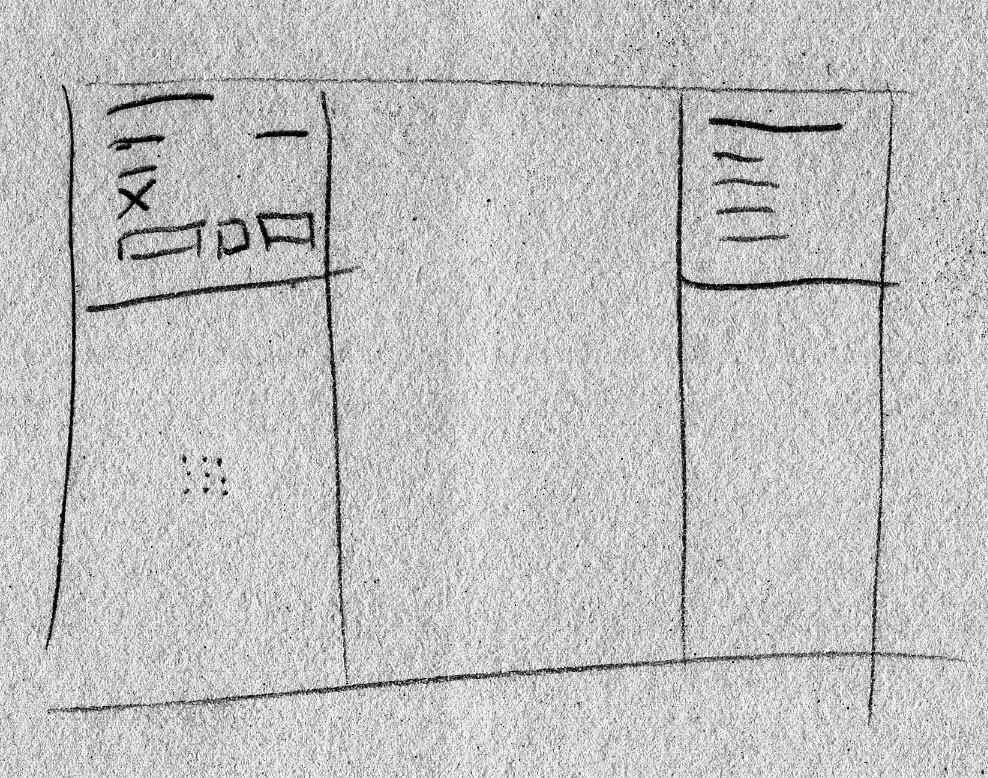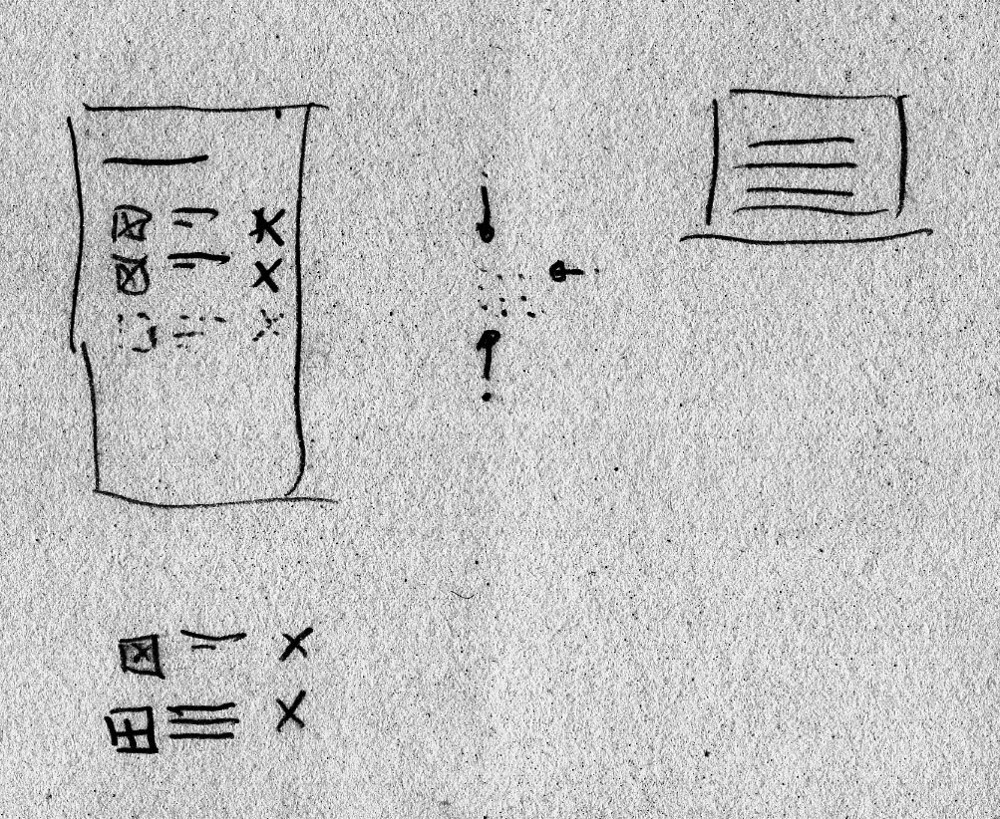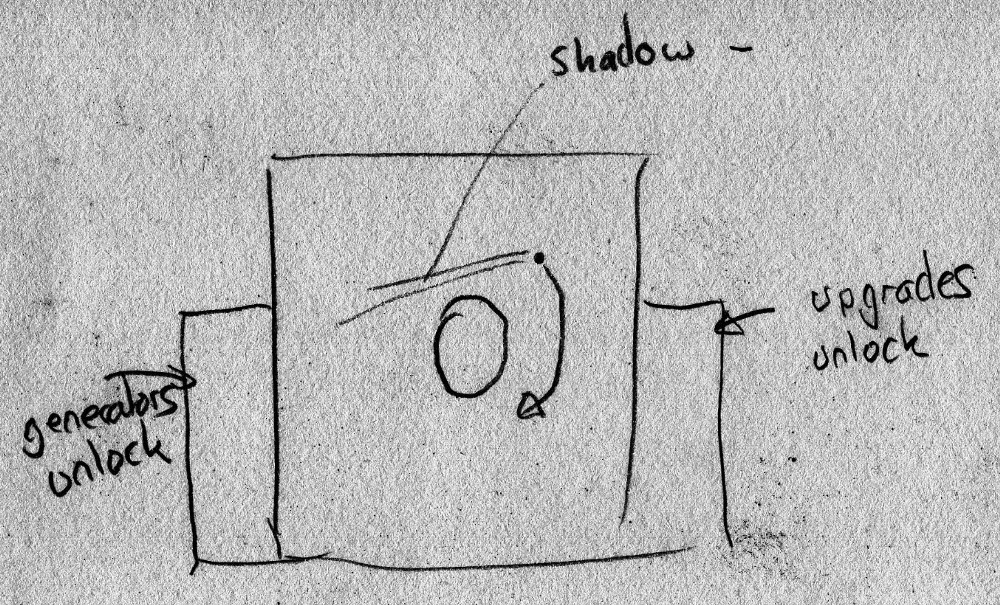This week’s challenge was to deconstruct and prototype an artefact you find interesting. Anyone that’s worked with me, knows I find a lot of things very interesting, and will often find me down a rabbit hole, shaving a yak.
Looking at the spark board, and other student’s submissions for inspiration, obviously, it should be a game, but which one. Some students are picking modern story-based games, others, games from their childhood. Most are doing very detailed storyboards of beautiful narrative deconstructions.
I have most recently been interested in the mechanics of incremental, or idle games. This is a relatively new subgenre of games, originally created as a parody or a reductio ad absurdum of progress mechanics (Deterding 2016). I find the genre particularly interesting, as there is no punishment for not playing the games for long periods of time, in fact, there are sometimes rewards for leaving the game and returning many hours, days or even years later.
By examining the types of idle games I still have installed, there is a commonality of multiple mechanics, and in some cases, an underlying story or theme. For this challenge, I’m going to take a closer look at Space Plan (‘SPACEPLAN’ 2020). Having played through this game a number of times, and being surprised by a number of components, I have attempted to sketch out and create a simple flow of some of the game’s components.
I have chosen the Apple iPad version for this challenge. Resetting the application to start a fresh game, I’m struck by the super simple layout and general lack of interface elements.

There is no real tutorial, and the complex layers of the game are very gradually introduced and while not explained, you are encouraged to try clicking on things to see how they work. The UI is fairly intuitive, and rewards experimentation. Clicking on sections switches the UI and includes humorous anecdotes about potatoes. The story develops in the top right-hand window, and sometimes you can miss important elements of dialog and next steps as it scrolls past if you’re upgrading or building new generators.

Interface animations direct your attention, giving you an idea of how many more times you have to click before something interesting will be revealed.
The main screen switches to a white square circling a red circle, with shadows moving around, providing a calming experience, unlike most clickers which are focused on doing things bigger and faster.

The original prototype of the game is also available online (‘SPACEPLAN’ 2020), and the differences are interesting. I find that in the final version the action button is relatively small, and you may have to hunt around a little when first launching to find it, but in the original prototype, its much larger and clearly the only thing to press.
In conclusion, I find the interface well polished, the balance of idle vs clicking is a little too weighted on clicking at the start, but once it gets going the balance, plot and storyline is very amusing, and some minor UI quality of life misses are easily overlooked. I enjoyed the process of deconstructing the UI, and it led me to consider elements of the plot, and other games which I had not previously considered, specifically the prestige or new game plus mechanic which is not covered in the Taxonomy of Idle Games (Alharthi et al. 2018)
References
-
DETERDING, Sebastian. 2016. ‘Progress Wars: Idle Games and the Demarcation of “Real” Games’. DiGRA/FDG# 3916-Abstract Proceedings of the First International Joint Conference of DiGRA and FDG. Digital Games Research Association and Society for the Advancement of the Science of Digital Games, Dundee, Scotland, 2016.
-
‘SPACEPLAN’. 2020. [online]. Available at: http://jhollands.co.uk/spaceplan/ [accessed 8 Oct 2020].
-
ALHARTHI, Sultan A. et al. 2018. ‘Playing to Wait: A Taxonomy of Idle Games’. In Proceedings of the 2018 CHI Conference on Human Factors in Computing Systems. 1–15. Available at: https://doi.org/10.1145/3173574.3174195 [accessed 8 Oct 2020].
-
‘A Dark Room’. 2020. [online]. Available at: https://adarkroom.doublespeakgames.com/ [accessed 9 Oct 2020].
-
RUFFINO, Paolo. 2019. ‘The End of Capitalism: Disengaging From the Economic Imaginary of Incremental Games’. Games and Culture 1555412019886242.
-
FIZEK, Sonia. 2018. ‘Interpassivity and the Joy of Delegated Play in Idle Games’. In Transactions of the Digital Games Research Association. DiGRA UK Conference & Meeting, 30 April 2018, 137–63. Available at: https://rke.abertay.ac.uk/en/publications/interpassivity-and-the-joy-of-delegated-play-in-idle-games [accessed 6 Oct 2020].
-
EXPERIENCE, World Leaders in Research-Based User. 2020. ‘Wireflows: A UX Deliverable for Workflows and Apps’. Nielsen Norman Group [online]. Available at: https://www.nngroup.com/articles/wireflows/ [accessed 5 Oct 2020].